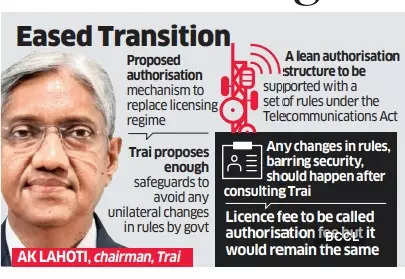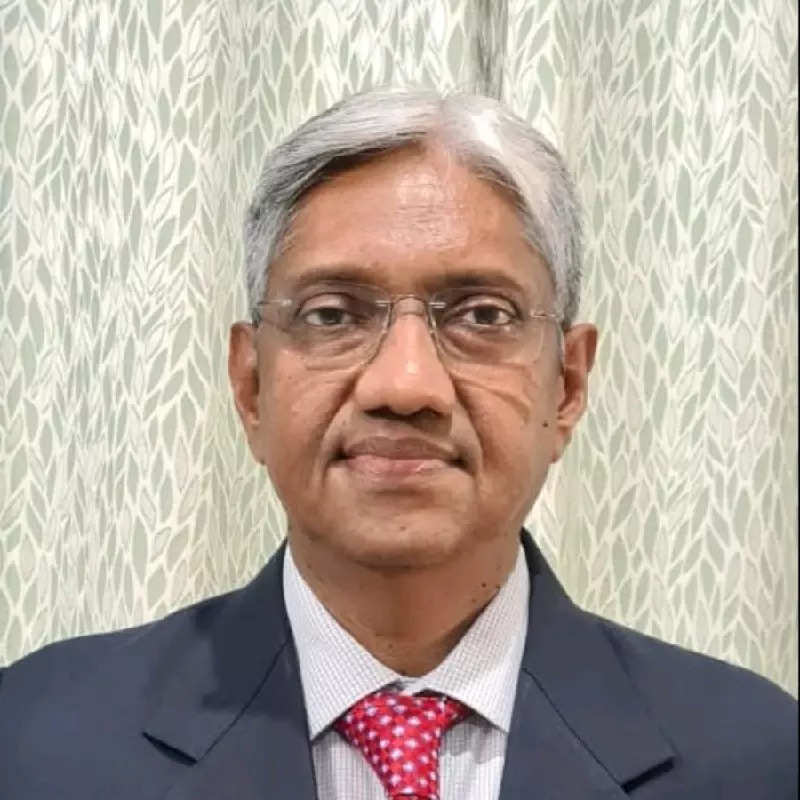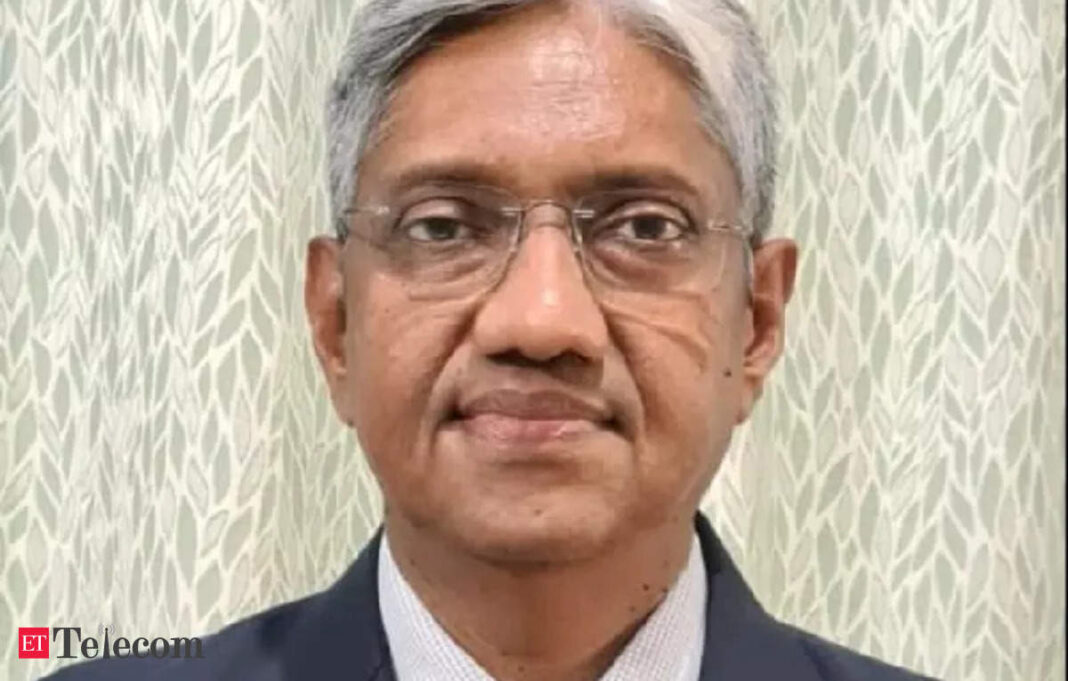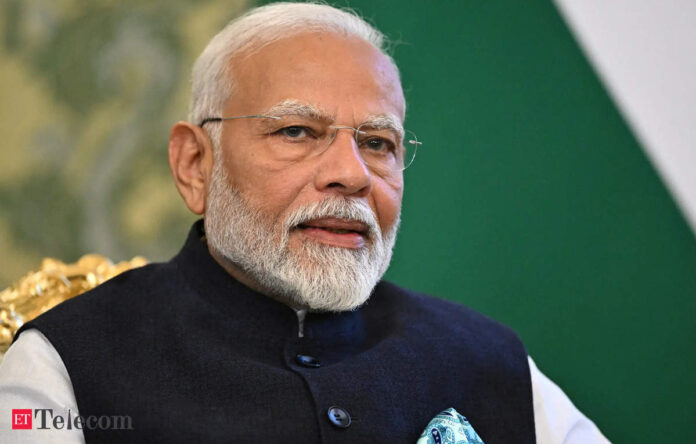
In Short:
The telecom regulator in India aims to ease concerns among telecom operators about proposed changes to their licensing agreements. Chairman AK Lahoti emphasized that the government cannot change rules without consultation and has included safeguards to protect operators. While the current 8% license fee will remain, it will be renamed the “authorisation fee.” The Telecom Regulatory Authority of India (Trai) suggests a unified authorisation system for various telecom services, streamlining the process. Although some operators fear regulatory uncertainty, Lahoti assures that the new rules are designed to foster efficiency and innovation in service delivery.
The Future of Telecom Regulation: What It Means for Operators

**New Delhi** is buzzing with news as the telecom regulator dives into the nitty-gritty of a proposed new mechanism that could reshape how **telecom operators** interact with the government. In an exclusive chat, **Chairman AK Lahoti** reassured concerned operators that the state cannot just change the rules on a whim, emphasizing that solid safeguards have been put forward to protect the interests of service providers.
Key Takeaways from the Chairman’s Comments
Lahoti made it clear that there will be no cutting down or eliminating the current **license fee**, which stands at 8% of adjusted gross revenue (AGR) – a fee that will be rebranded as the authorisation fee in the future. This statement marks a notable shift, especially after **Trai** suggested a potential reduction earlier.
“I don’t think there is any reason for operators to be apprehensive about the authorisation regime,” Lahoti stated, as he spoke on the sidelines of the **ETTelecom’s 5G Industries Innovation Summit**.
A Balancing Act for Operators
Operators’ worries stem from fears that the government might impose changes unilaterally. Lahoti reassured them: “Whenever the government wants to make changes to the rules, apart from security-related issues, it should always seek recommendations from **Trai**.” This approach aims to foster an open consultation process that takes into account the views of all stakeholders, ensuring fairness.
Lahoti noted an interesting point about the current licensing setup: while the government can alter conditions, operators often welcome adjustments that solve their issues but resist stricter adjustments. “I don’t think it makes any difference with the new mechanism,” he added.

What’s on the Table?
In the heart of **Trai’s** 800-page proposal, there’s a suggestion for the Centre to grant service authorisation under **Section 3(1)** of the **Telecommunications Act, 2023**. The recommendation hints at a departure from the existing contractual agreement model, stirring concern among top telecom players who are worried about mounting regulatory uncertainty.
“An agreement now is binding. Telcos can challenge if the government makes unilateral changes, but that won’t be the case in the new proposed framework,” a high-ranking telco executive shared, highlighting the significance of clarity in regulations.
What Will Remain Constant?
Despite the proposed shift in the licensing framework, **Lahoti** confirmed that the much-discussed 8% fee will remain intact, although it will be rebranded as the authorisation fee. This left some telcos feeling disheartened. “The fee would remain… We have recommended a significant reduction in the entry fee, bank guarantees, etc. But it has to be there when you provide the public service,” he clarified.
Streamlining Processes for a Brighter Future
Looking ahead, Lahoti described the new mechanism as a means to simplify processes significantly, merging multiple authorisations for more streamlined service delivery. “The positive sides are more, and there is no need to be apprehensive,” he reiterated.
On the table is a complete overhaul of the licensing regime, suggesting a unified authorisation approach encompassing all sorts of telecom services—from mobile and internet to international calls. This would be divided into three overarching categories: main, auxiliary, and captive services.
Innovative Changes for Satellite Communication
Moreover, **Trai** proposes a single authorisation for **satellite telecommunications**, integrating **VSAT** and **Global Mobile Personal Communications by Satellite (GMPCS)** licenses. They are also suggesting a reduction in entry fees for various authorisations and doing away with fees for renewals.
As **Trai** moves forward with its recommendations, the telecom industry stands at a pivotal moment, ripe with potential for innovation and efficiency, albeit with some apprehensions still lingering in the air.





